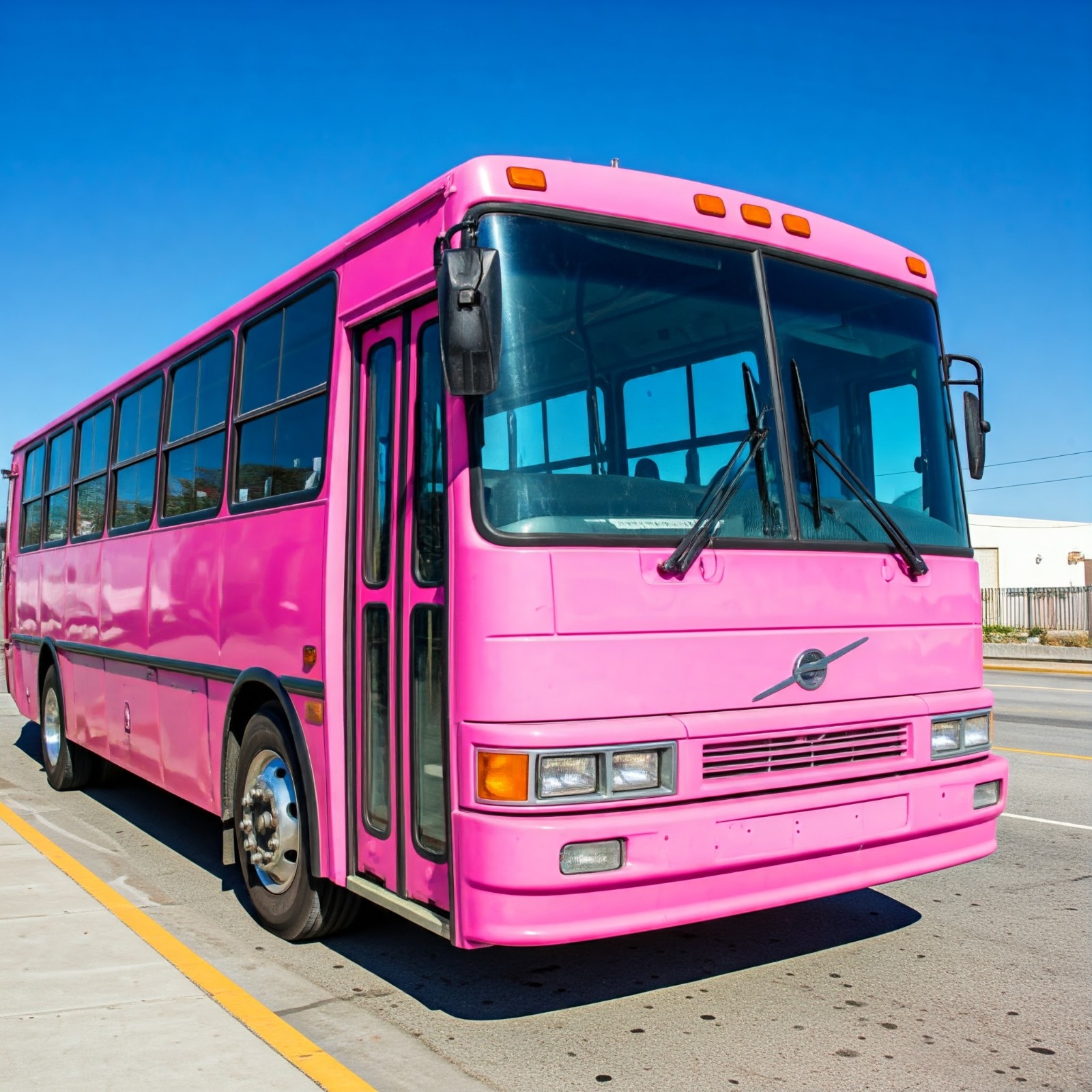Editorial:
The Balochistan government’s recent approval of the Pink Bus Service in Quetta is a landmark step toward providing women with safe, reliable, and dignified public transportation.
Led by Chief Minister Mir Sarfaraz Bugti and executed by Dr. Faisal Ahmed Khan, Chief of Public-Private Partnership, this initiative marks a first in Balochistan and follows the successful model implemented in Sindh.
Launching this women-only service with three buses is a promising start, but Quetta’s growing demand calls for a larger fleet.
To effectively address the transportation challenges women face, the government should expand this service to include at least a dozen pink buses.
A more extensive fleet would significantly enhance women’s mobility, providing not only a safe travel option but also empowering access to education, employment, and healthcare facilities.
Female commuters often encounter issues like overcrowding, harassment, and long wait times.
A larger pink bus fleet would offer them timely, comfortable, and safe transportation, reducing the daily struggles they face on public transport.
Such an expansion aligns with the provincial government’s agenda for social inclusion and gender-focused urban development, creating a supportive environment where women can travel freely.
The Pink Bus Service represents more than just transportation; it’s an investment in women’s empowerment and independence.
By increasing the fleet, Balochistan can set a strong precedent for gender-responsive policies that promote equal access to public spaces.
Expanding this service in Quetta can serve as a model for other cities, creating a safer, more inclusive society for women across the province.
Let’s call on the Balochistan government to enhance this project by committing to a dozen buses, meeting the demand for decent and secure transportation for women in Quetta.






